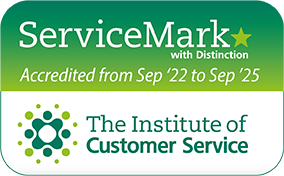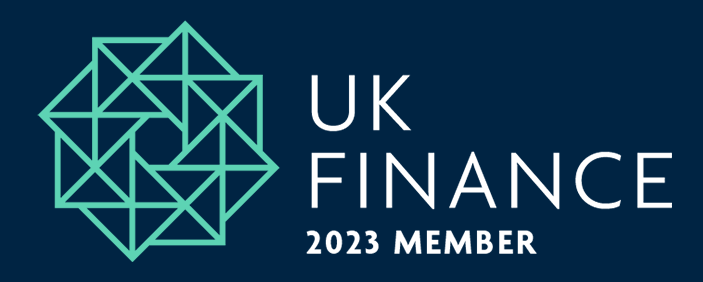If you have received an e-mail asking you to complete a survey from the ICS, please click here to read more about this request.
The vicious cycle of money troubles and mental health is a hot topic regularly covered by the media, government bodies and charities.
According to the Mental Health Foundation, the current cost of living crisis is a key driver of anxiety amongst adults in the UK, with one-third of those surveyed stating that being unable to afford to pay their bills made them anxious. A further 20% suggested debt was their main trigger, whilst 15% selected job insecurity or worries about unemployment.
How to apply self-care to your finances
Understand your financial habits
Much of self-care is understanding the steps or habits that help you to feel your best physically and mentally. The same can be said for our financial wellness. For example, are you good at sticking to a budget? Do you have a savings plan in place? Are you often overzealous when it comes to online shopping? If you’re an over-spender looking to curb your shopping habit, take a proactive approach by removing temptation. Unsubscribe from retailer newsletters which fill your inbox with discount and promotional codes, for instance. If a more robust approach is needed, download a website-blocking app such as FocusMe to prevent you from accessing certain sites regularly.
Get organised
Not the most glamorous of ideas, but getting yourself organised is the first step in soothing your money worries and reducing the possibility of nasty surprises later on.
Choose a regular time to sit down and look at your money and outgoings each week. Then budget accordingly, ensuring you prioritise bills and any other payments first. The government’s Money Helper service is an excellent resource if you’re looking for budgeting hacks.
Other organisational tips include ensuring all important documents (payslips, bank statements, etc.) are stored safely in the same place so you can find information quickly, and using a cash budget. Resist the urge to tap your card and only spend what you take out at the beginning of the week. By doing so, you can visually see how much you are spending and how much you have left.
Start small
If you want to start saving but find the prospect overwhelming, the key is to start small. Knowing you’re putting something aside a month, even if it's a small amount, will help you feel more in control of your finances, safe in the knowledge your nest egg is growing.
Talk to your building society or bank
A problem shared is a problem halved. Although your building society or bank may not top your list of confidants, they are on hand to help and offer advice on money management.
It's important to keep communication open as they can work with you to help manage your finances better. This could be advising you on how to get the most out of your savings, finding a suitable mortgage product, or simply tips on saving.
If you need extra support, many (including the Society!) have payment support teams who can put you in touch with independent organisations such as Money Advice Trust.
Need to talk?
If you would like further support and information about mental health and your finances, you can find links to a range of charities and governmental organisations below:
- Money and Mental Health – a leading centre of expertise on money and mental health concerns, founded by Martin Lewis.
- MIND – mental health charity offering support and advice.
- Mental Health and Money Advice – a dedicated mental health and money advice service.
- Citizens Advice – a network of independent charities across the UK which give free, confidential information and advice to assist people with money, legal, consumer and other issues.
- Money Advice Trust – a national charity helping people across the UK manage their money wisely.






